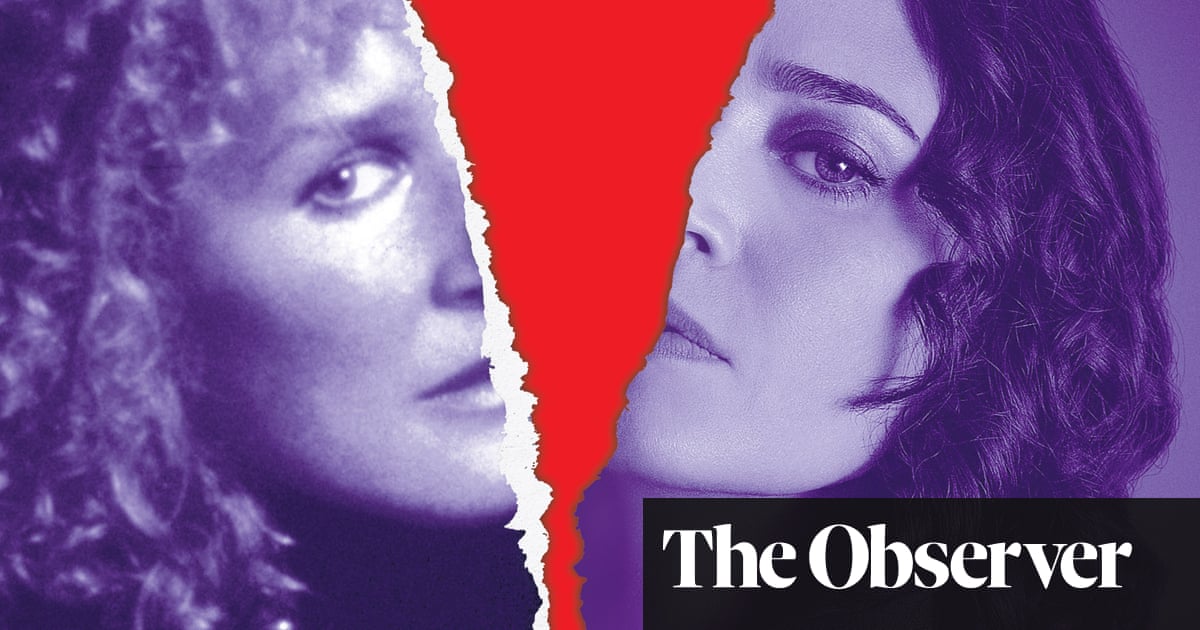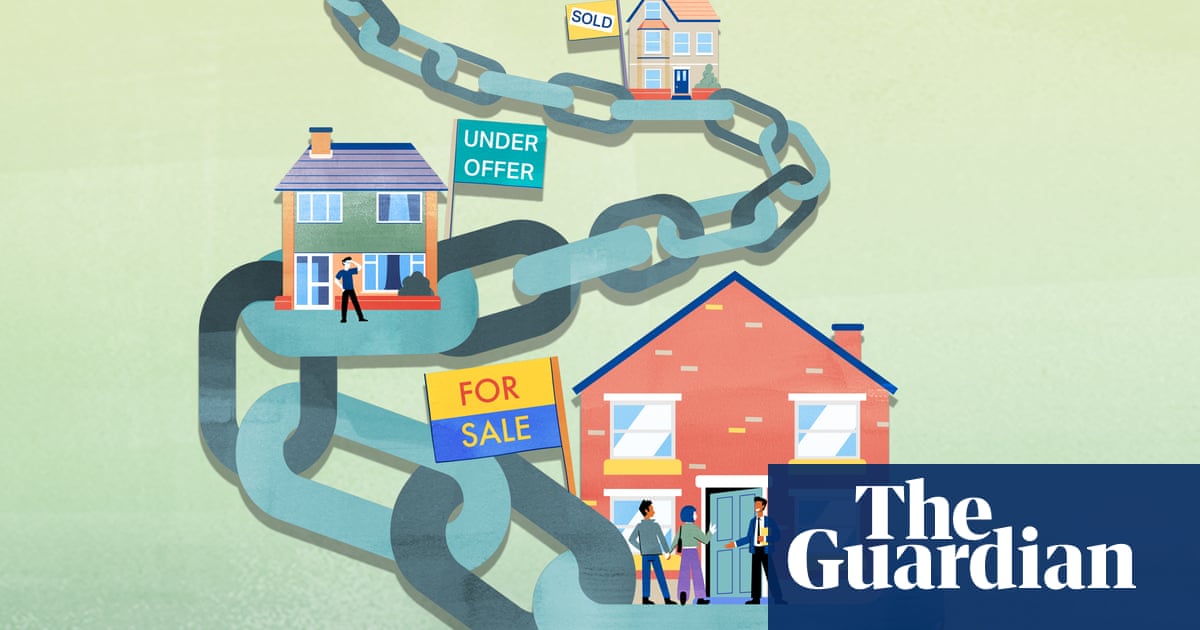
Megan Nolan
When I was forced out of my cheerfully ignorant denial about Covid-19 – the day I had to abandon a long anticipated three month stay in New York and fly back to Ireland – I still didn’t believe any of it. Even when my brother picked me up from the airport and drove me to my hometown, both of us in gloves and masks and I experienced for the first time that people who loved each other really were no longer touching, the unnatural stiffness of it all – even then I didn’t buy it. I knew logically it was happening, of course, and harboured no conspiracy theories, but still I could not credit it. “It can’t be real,” I thought to myself quite calmly, “Because there is no way I could bear it.”
It seemed impossible that I should be sequestered without a partner or friends for an indefinite period. At the best of times, my great, characteristic, weakness is a compulsive need for company. I find it impossible to stay in more than a night or two a week. I do not enjoy my own company. Why would I? My work involves dissecting and categorising and exploring my thoughts and feelings, so that by the time it’s 6pm I am utterly sick of what I have to say. I want only to hear my friends talk endlessly at me, relieving me of the need to hear myself, feel myself.
In New York, I was recently single and filled with the giddy potential of a new city and a new phase of my life. I went out every night and dated with abandon. Towards the end, when I was getting the impression that living this way would soon be impossible, I started making a log of these funny or sweet or sexy or embarrassing encounters. The night before I flew home, knowing it would be the last for an unknowable length of time, I kissed my date on his doorstep over and over, not wanting to leave and have my life as a flighty, promiscuous person officially end.
I’ve spent the past five years without much by way of stability, mostly on purpose, sometimes not. Work and money have been precarious, London housing situations sporadic and short-lived. I was often doing stints abroad, house sitting, or looking after cats, or taking advantage of a cheap sublet somewhere or other. You pay a price for rejecting stability – I was often exhausted from having no real base, my belongings are in five different households in three countries – but you get many good things in return too. Chiefly it was the feeling of authoring my own life, the immense privilege of doing more or less what I wanted to be doing at all times and not having any significant responsibilities beyond keeping myself alive.
The pandemic means that I am now suffering the absence of all the bonds I refused and enjoying none of the rewards that mitigated the particular kind of loneliness I chose. Back in Ireland, I am drinking too much. Every second or third night I sit at the desk in the front room my mother kindly gave over to me as a makeshift office, and I drink until I’m drunk and I talk to people. In an attempt to imitate the haphazard, incontinent socialising of my normal life, I find myself having hour-long phone conversations with fairly arbitrary people I barely knew before all this, as well as my closest friends and my beloved ex partner. It’s sort of awful but sort of heartening too, the amount we need to connect with each other, so that we’ll do it with semi-strangers in these absurd circumstances even when it’s uncomfortable and agonising in its own way.
I drink Cava and grapefruit juice and I drink Rioja that costs 30 quid because what else am I spending money on right now, and when it’s late and I should be asleep I drink vodka and lime juice with tap water and ice. I drink whatever’s around, because I know I’ll want the hangover almost as much as I want to be drunk. The hangover days make the perennial feeling of inert sluggishness feel almost good, make the formless hours justified in their bland repetition.
I’ll return to London next week, it being as close a thing to home as I have, in time to turn 30. When I sold my book last year it was the first time in my life I gained any sort of financial security. I am feeling profoundly grateful that I can now afford to live alone. I’ve bought the first television I’ll have had since I left home at 18, soft furnishings, good crockery. I invest in it all gladly, thinking this flat is where I’ll necessarily be for the foreseeable future. I’m adapting, in other words. But I can’t help but remember the good reasons I rejected domesticity until now, resisted objects, pets, permanence. I’m so lucky to have what I have, but I won’t stop waiting for the day I can give it all away, when I can pack up the TV and the good casserole dish and the reading lamp and go off and be both as totally social and as totally lonely as I wish to be again.
• Acts of Desperation will be published by Jonathan Cape in 2021.
Margaret Drabble
In lockdown, time stands still while simultaneously moving at astonishing speed. My husband, Michael, and I are self-isolating in Somerset. I am impressed by how quickly predictive texting caught on to the new language of coronavirus. It certainly knows how to spell “self-isolating”, a concept that didn’t exist a few months ago.
I am utterly gripped by the news and cannot get enough of it. The unrolling of this great tragedy, which has as yet no end or ending in sight, is a spectacle like no other. At my age, I don’t really care much what happens to me, so I feel in a sense fortunate to have been able to witness this extraordinary drama. I wouldn’t have wanted to have missed it. The politics and the science, national and international, are compelling. I seize eagerly on each new bit of information about the vaccine and symptoms and bad or good crowd behaviour. It’s amazing to be in the midst of a situation that nobody, but nobody, understands, with outcomes that nobody can predict.
We have all had to learn new tricks. Michael displayed great skill with the wood burner in the cold early weeks, and somehow managed to take a photo of a gash on top of my head to send to the surgery. Some local firms have shown much enterprise – my garage was very imaginative about my need for an MOT. We don’t venture out to the village grocery, which prefers to deliver, though we did travel a few miles to buy some asparagus from the farm.
Our cultural life is fine. We have plenty of books and at teatime I read aloud to Michael, whose eyesight is not good. We have read together forthcoming books by our friends Carmen Callil, Nell Dunn, and Michèle Roberts, which provide company. I can’t be bothered to watch films or television dramas, they all seem so silly and unreal, and escapism of that sort is not what I want at this moment in history.
If I were younger, I would of course worry about the financial situation and the gigantic crash yet to come, but I’ve had my life, and one of the few compensations of old age is, for me, a sense of detachment and an absence of fear. I’m just a spectator. I’d like to see how it sorts itself, but the ongoing day-to-day drama is keeping me going right now. I’m not responsible for it. It’s a pandemic panorama, the movie to end all movies.
We listen to Radio 3, which I appreciate now more than ever. I am musically ignorant but I like listening to whatever comes along, and enjoy the friendly and easy discourse of the presenters. Dipping in to WH Auden, looking for his sinister plague poem, “Gare du Midi”, I found “The Composer”, a wonderfully generous poem about classical music, which was one of my daughter’s favourites:
You alone, alone, imaginary song,
Are unable to say an existence is wrong,
And pour out your forgiveness like a wine.
Wordsworth too has been, as ever, a great resource. I recite him silently, endlessly, as we go on our Wordsworthian daily walk past neighbours repairing their dry-stone walls and shepherds shepherding their lambs. I hear a thousand blended notes, I hear the mighty waters rolling evermore.
I hear from friends in London, in their 80s and over, who go out to shop in the supermarket, though one has been immured in her flat by government decree and is receiving food parcels, and another was alarmed by being jostled off the pavement. We all choose our own degrees of risk, though we stay within the regulations, unlike Dominic Cummings. One of us is longing for a haircut, but I don’t mind if I never have mine cut again.
Of course I miss seeing friends and family, but most have been keeping in touch with me by one means or another. I’ve always spent a lot of time alone, I’m used to it. Many old folk I know are constantly having Zoom book groups and cocktail parties, but I don’t really like the technology. We had a couple of Zoom family events but the truth is that they left me feeling sad and lonely. It was lovely to see their faces and their homes, but the worry about pressing the wrong button and the inevitable visual distortions were upsetting, and made me feel further away than ever. I know that if I were young I would get to grips with it all, but at my age it hardly seems worth the effort.
I do listen anxiously for any news about changing guidance for the over-80s, which is sometimes hard to find and sometimes confusing, and I agree with David Blunkett, the former home secretary, that we shouldn’t be discriminated against as a category. We should be allowed to take our own risks, provided we don’t endanger others. But for now, it’s a waiting game, and there’s a lot of play to watch. All in all, I consider myself lucky.
• The Pattern in the Carpet: A Personal History With Jigsaws by Margaret Drabble is reissued in paperback by Canongate.












